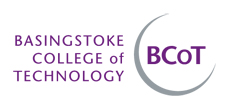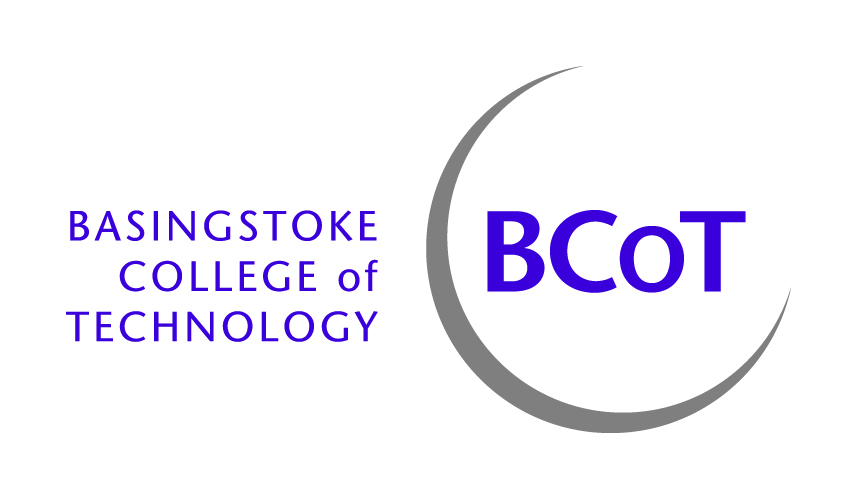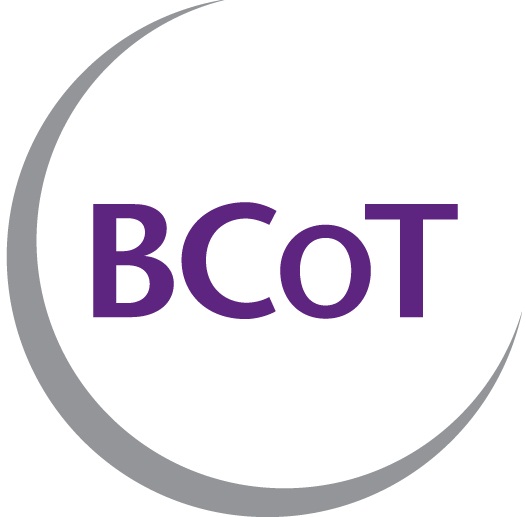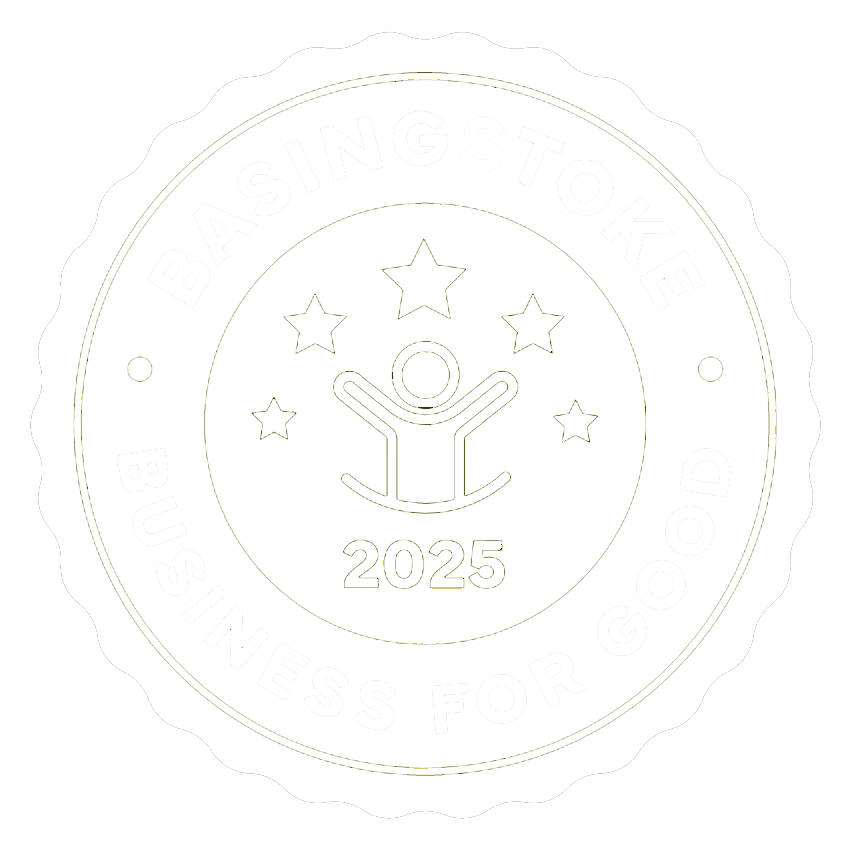Please note our NCFE Level 5 Teaching Diploma is for BCoT staff only.
This programme is designed to equip aspiring educators with the skills and knowledge to excel in the Further Education and Skills sector. The Level 5 Diploma in Teaching (Further Education and Skills) is designed for those who want to teach in a range of contexts in the post-16 further education and training sector.
Key Highlights of the Programme:
- Comprehensive Curriculum: Covers essential aspects of teaching, including teaching methodologies, learner understanding, curriculum development, digital pedagogies, and professional practice.
- Practical Experience: Includes a mandatory work placement of at least 250 hours, ensuring you gain valuable experience in real-world teaching settings.
- Industry-Relevant Content: The curriculum is designed to meet the evolving needs of the education sector, reflecting advancements in technology, teaching specialisms, and learner support.
- Expert Faculty: Learn from experienced teaching professionals who are passionate about supporting your development.
- Flexible Learning: Combines online and face-to-face learning experiences, enabling you to study while balancing personal and professional commitments.
- Continuous Professional Development: Emphasis on self-reflection, mentorship, and action research empowers you to continuously improve your teaching practice.
Work Placement:
- A minimum of 250 hours of placement experience is required, with at least 150 hours dedicated to teaching practice.
- Gain experience in both face-to-face and remote teaching environments.
The course comprises mandatory and optional units:
- Mandatory units total 90 credits.
- Optional units total 30 credits.
The course is structured to provide you with continuous support throughout your learning journey.
- Unit 04, Professional Practice Portfolio, commences at the beginning of the course and concludes alongside it.
- Unit 07, Action Research, will be the final unit you undertake, enabling you to utilise the skills and knowledge you have gained.
-
Unit 01: Teaching My Subject (15 credits)
- This unit focuses on developing your expertise in various areas, including:
- curriculum development
- pedagogic content knowledge
- embedding maths and English
- maintaining subject expertise
- You will study this unit from 18 September to 23 October.
- This unit focuses on developing your expertise in various areas, including:
-
Unit 02: Understanding Learners in the Further Education Sector (15 credits)
- This unit centres on understanding your learners, including aspects such as:
- safeguarding
- English and maths abilities
- supporting learners with diverse needs
- You will study this unit from 23 October to 27 November.
- This unit centres on understanding your learners, including aspects such as:
-
Unit 03: The Role of Teachers and Teaching (15 credits)
- This unit explores the fundamentals of being a teacher, encompassing topics such as:
- curriculum thinking
- planning and delivering sessions
- managing classroom dynamics
- You will study this unit from 12 February 2025 to 18 June 2025.
- This unit explores the fundamentals of being a teacher, encompassing topics such as:
-
Unit 04: Professional Practice Portfolio (30 credits)
- This unit provides opportunities to engage in practical teaching experiences, including:
- micro-teaches
- observing other teachers
- planning curriculum
- managing and supporting learners
- reflecting on teaching practices
- You will study this unit from 18 September to 18 June 2025.
- This unit provides opportunities to engage in practical teaching experiences, including:
-
Unit 05: Effective Digital and Online Pedagogies (15 credits)
- This unit focuses on developing skills related to technology in education:
- developing your digital skills
- managing digital delivery
- exploring the use of technologies such as AI, AR, and VR
- You will study this unit from 8 January 2025 to 12 February 2025.
- This unit focuses on developing skills related to technology in education:
-
Unit 07: Action Research (10 credits)
- This unit encourages you to undertake action research projects, focusing on:
- exploring and improving teaching practices
- developing skills in research methodology, data collection and analysis, and implementation of findings
- You will study this unit from 21 May 2025 to 18 June 2025.
- This unit encourages you to undertake action research projects, focusing on:
-
Unit 10: Action Learning for Teaching in a Specialist Area of Disability
- You will study this unit from 23 April 2025 to 21 May 2025.
-
Unit 11: Understanding the Principles and Practices of Quality Assurance
- You will study this unit from 19 March 2025 to 23 April 2025.
-
Work Placement
- You must complete a mandatory work/industry placement of at least 250 hours.
- At least 150 hours should be dedicated to teaching practice.
- Of this, a minimum of 100 hours must be in your subject area, and 20 hours must be remote synchronous delivery.
The placement requirement includes a minimum of two locations: you should gain experience in more than one teaching location to improve the breadth of experience. The second placement must be for at least 20 hours and ideally would be at a different provider. It should be noted that the 20 hours at the 2nd placement are not specified as teaching hours.
Support and Guidance
- Two members of staff at your placement:
- a subject specialist, who will provide subject-specific support.
- a local pastoral support mentor, who can advise on more general matters.
- Your course tutor.
- This qualification is internally assessed and externally quality-assured via a portfolio of evidence.
- Assessment must be conducted in accordance with the Education and Training Foundation's framework for teaching in further education.
Here are the entry requirements for the NCFE Level 5 Diploma in Teaching (Further Education and Skills):
- Learners should have achieved level 2 in mathematics and English prior to undertaking this qualification.
- A level of competence in digital skills is also required.
- Learners must be aged 19 or above to undertake this qualification.
- To be able to teach their subjects, trainees need to be qualified and/or experienced in that subject.
- Those intending to teach academic subjects would usually be expected to have a degree in their subject specialism.
- Those intending to teach in professional or vocational areas would usually be expected to have a professional or industry qualification and experience of working in their respective sector.
- There is a general expectation in the sector that a teacher should be qualified to at least one level above that at which they intend to teach.
- In some vocational areas, teaching one level above may be problematic, but a reasonable expectation is that they hold the highest level trade qualification available, unless they have particularly substantial professional experience.
- This qualification is a minimum level 5 and hence it is essential that all entrants are able to demonstrate an ability to study at level 5 (or above in the case of relevant HEI provision).
- Learners are not required to have achieved a Level 3 Award in Teaching or a Level 4 Certificate in Teaching before undertaking a Level 5 Diploma in Teaching.
Portfolio of Evidence: This is the primary assessment method for the qualification. You will compile a portfolio that demonstrates your teaching practice and how it aligns with the occupational standards.
The portfolio should include a range of evidence, such as:
- lesson plans
- assessments you have created
- reflections on your teaching practice
- feedback from observations
- evidence from your teaching sessions.
-
Observations: You will participate in at least 10 teaching observations.
- The majority of these observations should be conducted with groups of at least 10 learners.
- The observations serve two purposes:
- to provide you with developmental feedback on your teaching practice.
- to assess your competence against occupational standards.
- The sources suggest a progression from a more developmental to a more assessment-focused approach as you progress through the programme.
- Each observation should last for a minimum of 45 minutes.
- Up to two of the observations may be of live remote delivery, and one observation may be conducted remotely, where the observer is not physically present.
- You will receive prompt feedback and discussion following the remote observation.
- Observations will be conducted by your provider tutor, the subject specialist/placement mentor or, in some instances, the awarding body.
- The observation report will be included in your Professional Portfolio.
- The sources do not specify whether you will also include your own reflections on these observations, or if the assessor will use a particular observation form. However, there is a sample observation form included in the sources. This form focuses on several areas of teaching practice, and the observer is required to note the teacher’s strengths and areas of development in each area.
-
Final Assessment: The final assessment involves a 30-minute oral discussion about your professional practice.
- This will be conducted by two qualified teachers: one from your training provider and one from your placement or the awarding body.
- The purpose of the discussion is to determine whether you have met the occupational standards for a Learning and Skills Teacher.
The sources highlight the importance of internal quality assurance.
- Internal quality assurance will be conducted by your teachers and the staff at BCoT.
- NCFE manages external quality assurance to maintain the quality standards of the qualification.
- It is not clear from the sources what form this internal quality assurance will take. However, other sources explain that internal quality assurance is a key process in ensuring assessment quality and consistency and that internal quality assurers (IQAs) sample and monitor assessors' decisions, offer advice and guidance, and provide a link between assessors and external quality assurers.
The qualification is designed to align with the Education and Training Foundation's framework for teaching in further education.
- This framework emphasises the use of various assessment methods to demonstrate your knowledge, skills, and competence.
The sources also mention other assessment-related aspects:
- While recorded sessions are not suitable for formal observations, they are encouraged as a learning tool and can be used in specific circumstances.
- The sources also state that remote technology may be used to support elements of a learner's performance but should not be used to view assessments remotely.
You may wish to contact BCoT directly to obtain detailed information about the specific assessment methods employed in this course.
Upon successful completion of the course, you can explore teaching positions within various institutions, including:
- Further education colleges
- Adult and community education providers
- Offender education settings
- Work-based learning providers
- Organisations in the third/voluntary sector
- Independent training organisations
The Diploma mirrors the outcomes detailed in the Learning and Skills Teacher occupational standard (ST0149), making it a valuable asset in pursuing a career as a qualified teacher.
